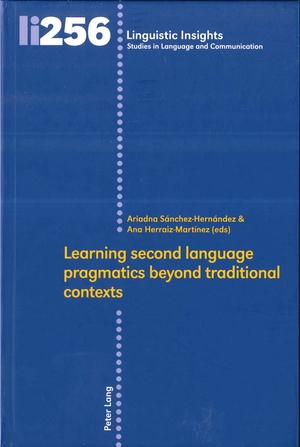
The relationships between languages have been highlighted in recent research (Cenoz & Gorter 2013; Ortega 2014). In spite of this, limited research on pragmatics research has been carried out in the multilingual classroom. In the present study, we have adopted a holistic multilingual perspective to explore the relationships between languages in the learners’ linguistic repertoire regarding two types of discourse-pragmatic markers: textual discourse-pragmatic markers, which are used to guide the reader through the text, such as first of all, in addition, or however, and interpersonal discourse-pragmatic markers, which involve the reader in the argument, such as in my opinion or it is possible that (Hyland 2005). With this aim, 313 secondary school learners of English in the Valencian Community in Spain were asked to complete argumentative writing tasks in the languages present in their educational context (i.e. English, Catalan, and Spanish) during regular classes. Learners also wrote post-writing reflections on their performance. The quantitative analysis showed statistically significant correlations for both types of discourse-pragmatic markers in the compositions written in English, Spanish, and Catalan, but qualitative data revealed differences between textual and interpersonal discourse-pragmatic markers related to a lower degree of awareness of the latter. Thus, the main finding of this study was that multilingual learners possess pragmatic multicompetence, but there exist subtle differences across functions. In the paper, the reasons for these differences are discussed, and these results are taken into account to suggest some pedagogical insights for teaching pragmatics in multilingual contexts.